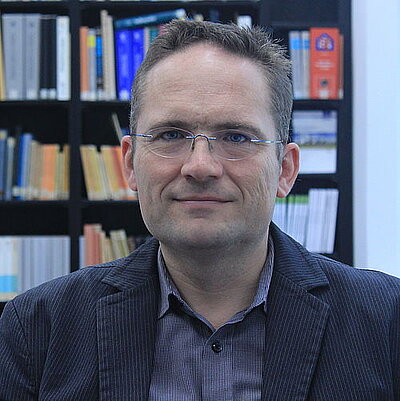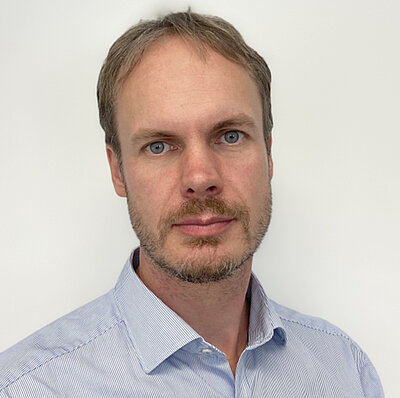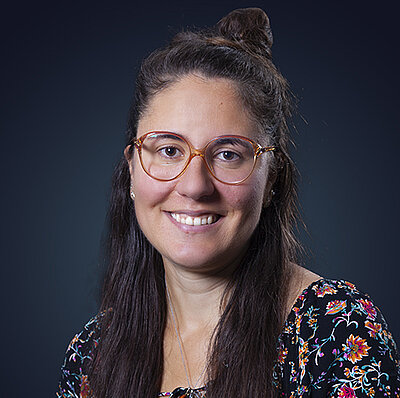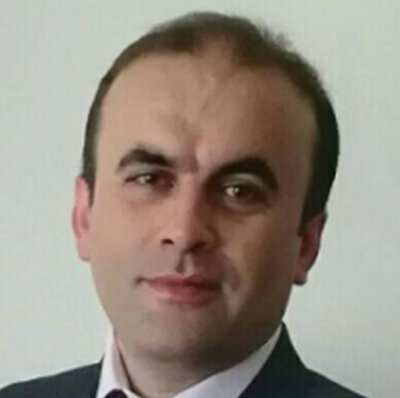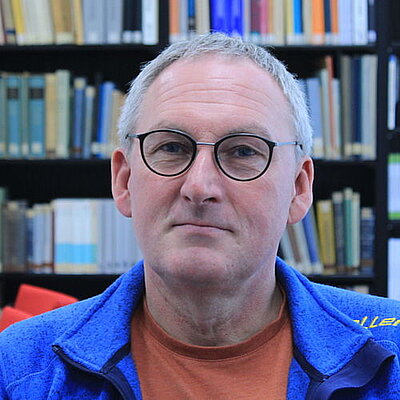Optical 3D-bridge-inspect: Innovative inspection of complex infrastructure combining very high-resolution UAV-borne imagery and structured-light scanning
Currently the necessary bridge inspections are mostly done manually by highly qualified operators who have yearlong experience on detecting possible dangerous damages on the bridges like cracks. But these manual inspections, even if are considered reliable, are still a subjective method and usually time consuming, as well as dangerous for the operators.
In this sub-project of the SPP, we will combine several state-of-the-art sensor technologies and emerging approaches to data processing and machine learning: Unmanned aerial vehicles (UAVs) - or drones - will be equipped with high-quality cameras and used to access hard-to-reach areas of the bridge and to capture high-resolution images that will be processed by a computer vision module for automatic analysis; making them a powerful and flexible tool for structural health monitoring. We will use high-resolution full-frame metric cameras in combination with appropriate multirotor carriers to monitor comprehensive geometric deformation of the entire construction and visual damage at the structure. In addition, we will makes use of structured light scanner that can resolve a surface which are able to resolve a surface in three dimensions in the sub-mm range. All sensors will be registered together in a coordinate system defined by the infrastructure and that is stable in time. By using an innovative approach to control the UAV and combining all sensor data in an advanced deep-learning image interpretation approach, we propose a holistic vison-based monitoring method.
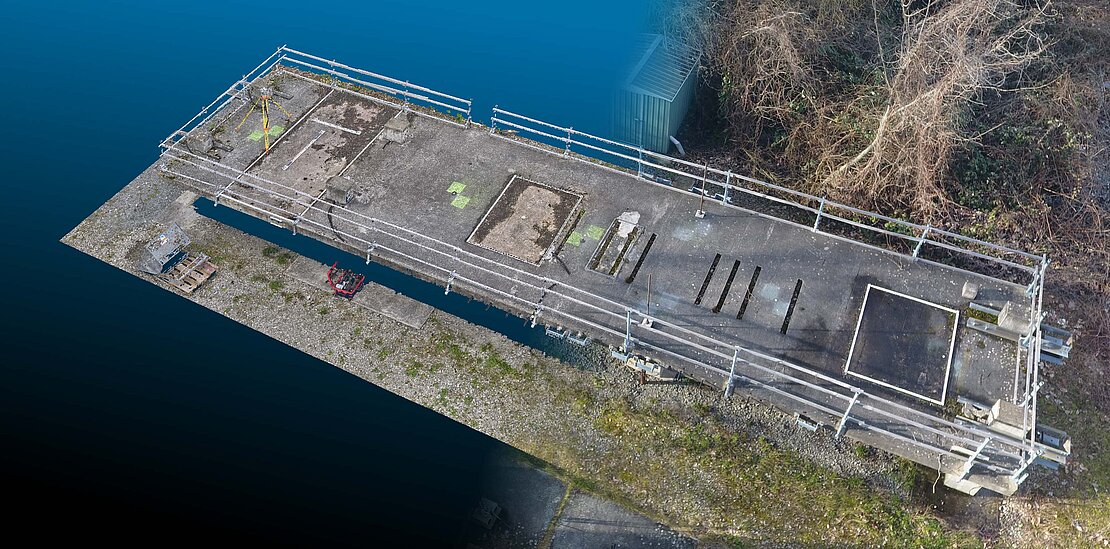
The work program for the three years consists of four work packages (WP):
- WP 1: Geometric bridge monitoring based on UAV observations
- WP 2: Recording of neuralgic areas by UAV
- WP 3: High-precision detection of neuralgic areas with structured light scanner
- WP 4: Detection of cracks and spalling
The methods to be developed will be applicable not only to bridge structures but also to the monitoring of other complex infrastructure structures, as they are generic in principle.
Current Milestones in the BridgeInspekt Project under the SPP Framework:
- September 2024 – Completion of a full-scale test campaign during the load testing of the Zeitz bridge.
- November 2024 – Development of multi-temporal crack segmentation techniques in concrete structures using deep learning methods.
- February 2025 – Execution of experimental studies focused on multi-scale data-driven approaches within the context of structural health monitoring.
- March 2025 – Controlled experiments conducted at the IGP laboratory, including targeted measurements supporting the generation of a multimodal dataset.
- April 2025 – Implementation of a signalization-free coregistration method for multiscale and multitemporal surveys in structural monitoring applications.
- May 2025 – Execution of a second field campaign at the experimental bridge "IDA-KI" in Bautzen.
In parallel with these efforts, ongoing activities include a comparative analysis of the collected datasets to assess performance across different scales and test configurations, as well as research into registration techniques for aligning photogrammetric and structured light data. The focus remains on signalization-free methods capable of addressing multitemporal and multisensor alignment challenges.
Contact
Publications
Peer-Reviewed Journal Paper
Rohrer et. al., Experimental Studies on Multi-Scale Data-Driven Methods within the Framework of Strucural Health Monitoring. Civil Engineering Design Wiley. Under Review (Joint Cluster E Paper)
Harb, Said & Achanccaray Diaz, Pedro & Maboudi, Mehdi & Gerke, Markus. (2024). Multi-temporal crack segmentation in concrete structure using deep learning approaches. 10.48550/arXiv.2411.04620.
Conferences
Backhaus, J., de Arriba López, V., Maboudi, M., Bestmann, U., Gerke, M.: “Combining UAV-based photogrammetry and structured light scanning to support the structural health monitoring of concrete structures” EWSHM 2024, 11th European Workshop on Structural Health Monitoring, Potsdam, Germany, June 10-13, 2024. DOI: https://doi.org/10.58286/29797
Riedel, B., Welke, O., Altmann, M., & Gerke, M. (2025, April 7–9). A signalization-free coregistration approach of multiscale and multitemporal survey for structural monitoring. In Proceedings of the 6th Joint International Symposium on Deformation Monitoring (JISDM), Karlsruhe, Germany. DOI: 10.5445/IR/1000180141



